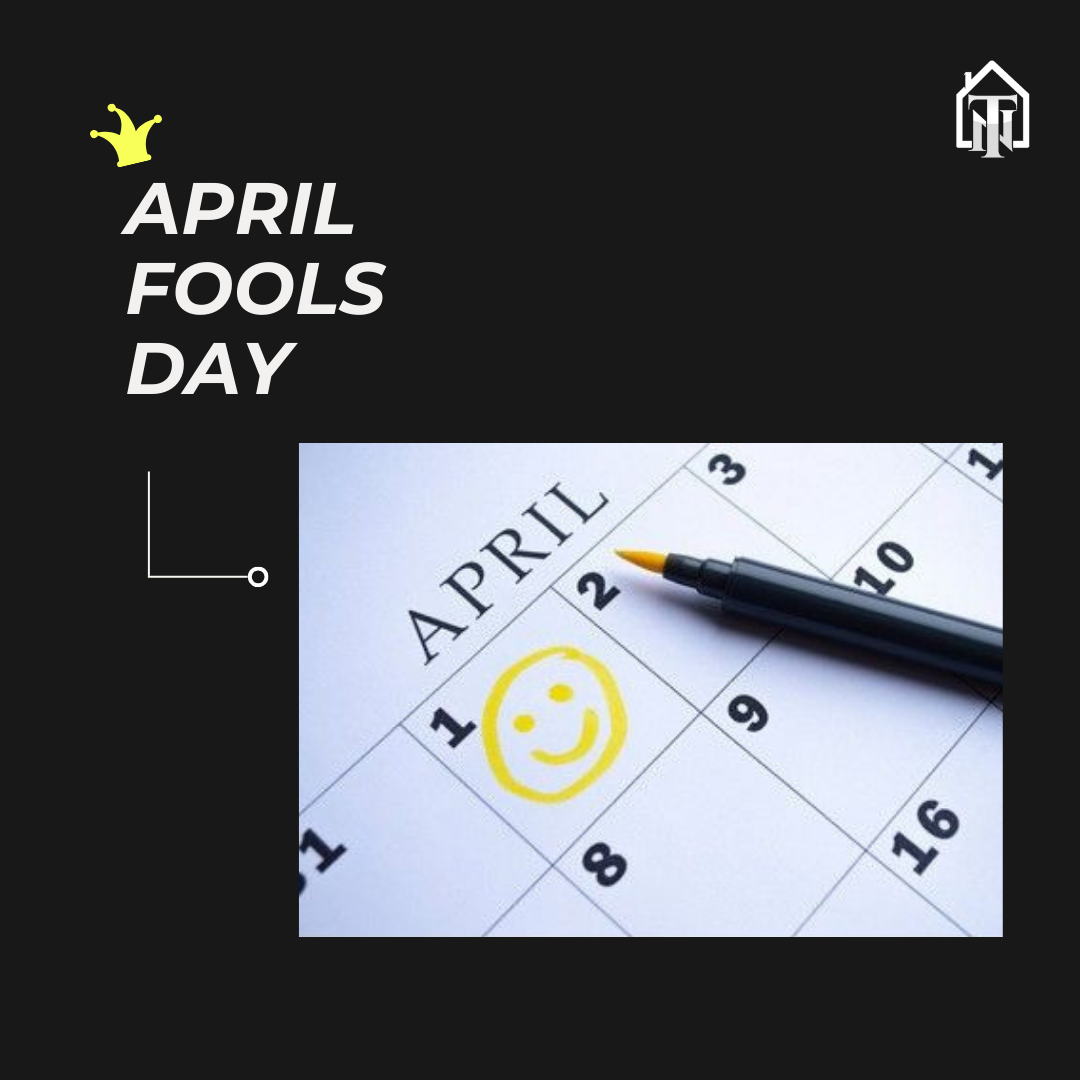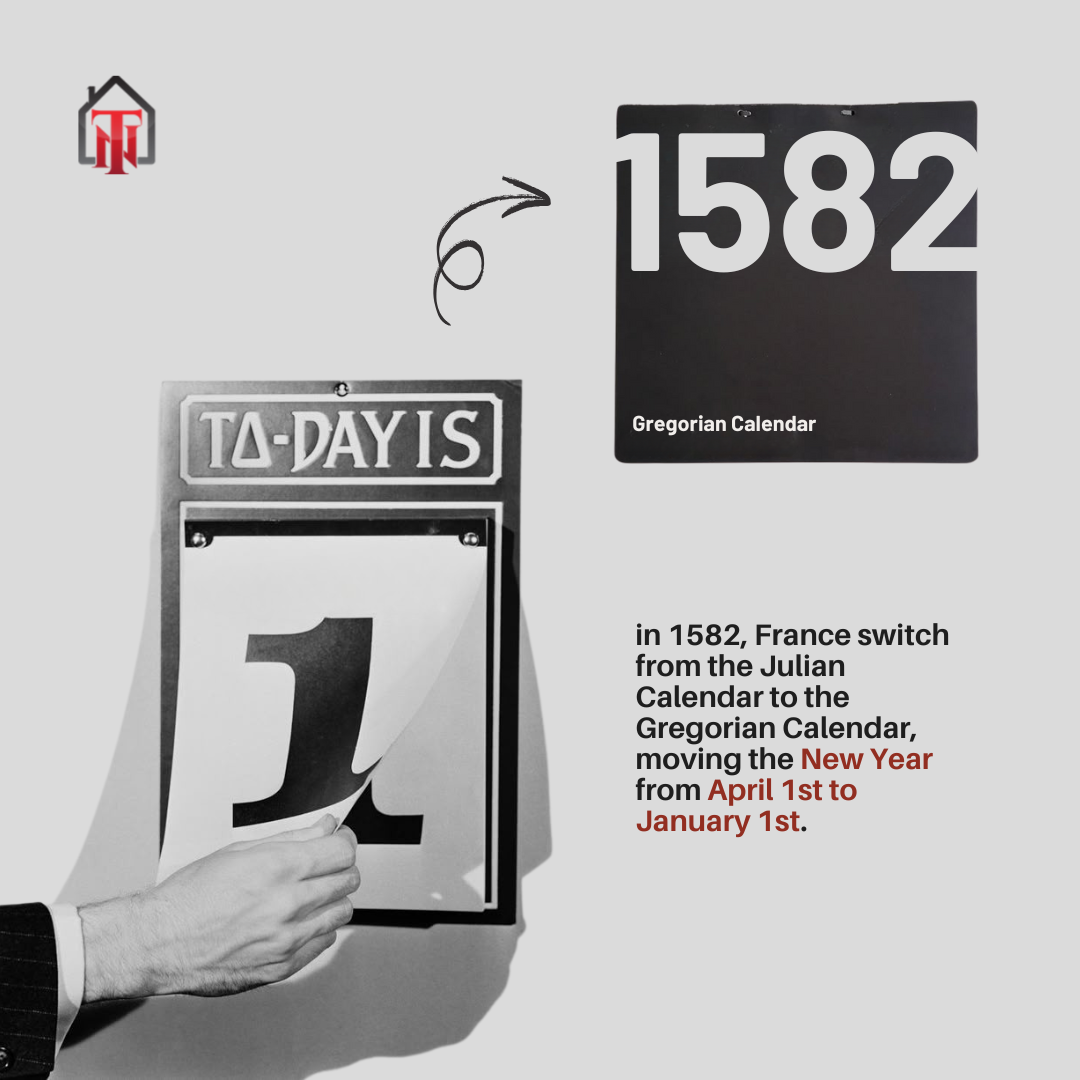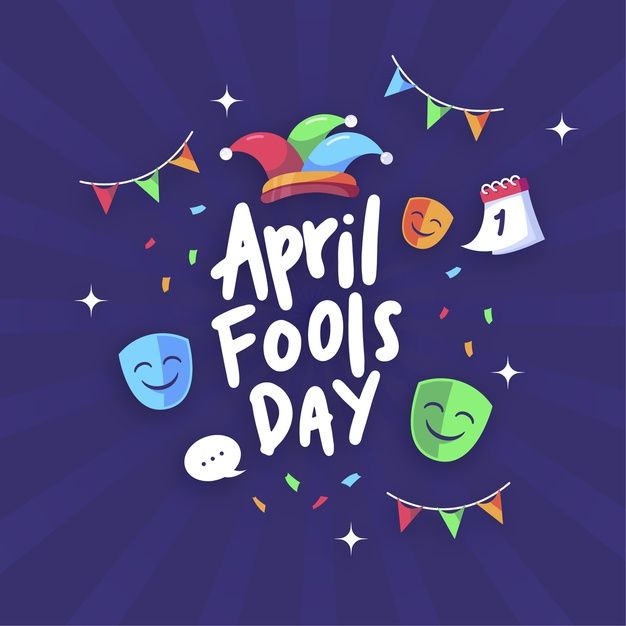
April Fools’ Day is a time for pranks, jokes, and lighthearted mischief. But have you ever wondered how this playful tradition began?
While the exact origins remain a mystery, there are several theories about how April 1st became the day for trickery.
The Calendar Change Theory
One of the most popular explanations dates back to 1582, when France switched from the Julian calendar to the Gregorian calendar. Before the change, New Year’s Day was celebrated around the end of March. Some people either refused to accept the new calendar or simply didn’t hear about the change, continuing to celebrate the new year on April 1st. Those who stuck to the old ways were ridiculed and tricked, marking the start of what became known as April Fools’ Day.

Ancient Roman Festivals
Others believe April Fools’ Day has roots in ancient Roman celebrations like Hilaria, a festival held at the end of March where people dressed up in disguises and mocked one another. This tradition of merriment and trickery may have influenced the modern-day holiday.
The “Fool’s Errand” Theory
Another theory suggests that the day evolved from the idea of sending people on “fool’s errands”—pointless or impossible tasks meant to confuse and amuse. This practice was common in Europe and could have played a role in establishing April 1st as a day for practical jokes.
April Fools’ Day Around the World
April Fools’ traditions have spread across the globe, with different cultures embracing their own playful customs:
France & Italy – Known as “Poisson d’Avril” (April Fish), people tape paper fish to unsuspecting victims’ backs as a prank.
Scotland – The day was originally called “Hunt-the-Gowk Day,” where people were sent on absurd errands.
United States & UK – Classic pranks include fake news reports, practical jokes, and harmless tricks among friends and family.

Famous April Fools’ Hoaxes
Over the years, media and corporations have pulled off some legendary pranks. In 1957, the BBC aired a fake documentary about Swiss farmers harvesting spaghetti from trees, tricking many viewers. More recently, tech companies have joined in the fun, announcing fake products or features to prank their customers.
Why Do We Still Celebrate?
Despite its uncertain origins, April Fools’ Day continues to bring laughter and joy. In a world filled with daily responsibilities, it serves as a reminder to embrace humor and not take life too seriously—at least for one day!
Do you have a favorite April Fools’ prank? Share it in the comments below!








